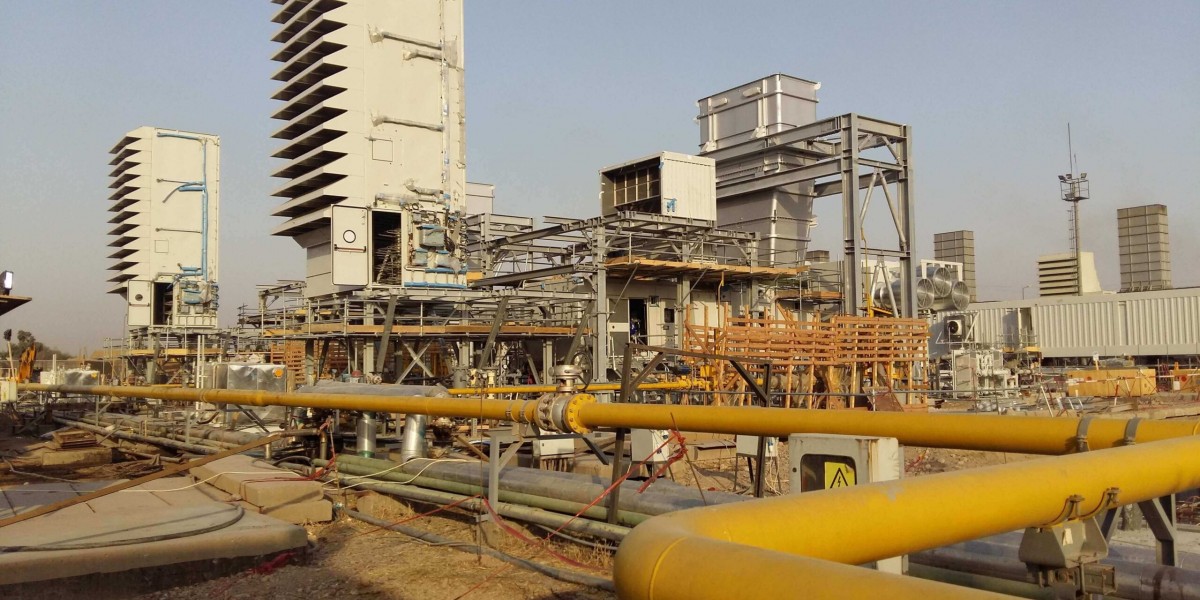Iraq, a country rich in natural resources and potential, is undergoing a transformative phase in rebuilding and modernizing its infrastructure. Among the most significant contributors to this change are EPC Projects in Iraq—a model that integrates Engineering, Procurement, and Construction services under one umbrella. This integrated approach allows for streamlined project execution, cost efficiency, and timely delivery, which are critical in a nation aiming to fast-track its development agenda.
From the oil and gas sector to power plants, water treatment facilities, and industrial zones, EPC projects are now the backbone of Iraq’s infrastructure revival. Their increasing importance reflects not only in the size and scope of ongoing projects but also in the strategic partnerships being forged between Iraqi institutions and international engineering firms.
Understanding the EPC Model
The EPC (Engineering, Procurement, and Construction) model has proven highly effective in Iraq’s complex environment. By consolidating the design, procurement, and construction processes into a single contract, EPC reduces fragmentation, ensures accountability, and minimizes delays. This is especially important in Iraq, where logistical challenges, regulatory hurdles, and geopolitical tensions can complicate large-scale developments.
An EPC contractor handles everything—from initial planning and engineering design to sourcing materials and managing construction. This single-point responsibility model helps mitigate risks and improves coordination among stakeholders, making it particularly suitable for Iraq’s high-priority sectors such as oil & gas, power generation, and industrial development.
Growth of EPC Projects in Iraq’s Oil & Gas Sector
Iraq holds the world’s fifth-largest proven crude oil reserves and ranks among the top oil producers globally. To fully harness this potential, the country has been investing heavily in the expansion and modernization of its oil and gas infrastructure. Many of these developments are being delivered as EPC projects in Iraq, ensuring faster execution and adherence to international quality standards.
Major EPC contracts have been awarded for the construction of oil refineries, gas processing units, pipeline networks, and storage facilities. These projects are not only enhancing Iraq’s export capacity but also reducing its dependency on imports by expanding local refining and petrochemical production capabilities.
EPC in Power and Energy Infrastructure
Reliable electricity is essential for economic growth, yet Iraq has struggled with chronic power shortages for decades. To tackle this issue, the government has prioritized the development of power plants—both conventional and renewable—under EPC agreements. These include natural gas-fired power stations, transmission lines, substations, and renewable energy projects like solar farms.
By leveraging EPC models, Iraq ensures that these vital projects are implemented with global best practices and within tight timelines. This is crucial in stabilizing the national grid and supporting industrial zones and residential communities alike.
Industrial and Water Projects on the Rise
Beyond oil and electricity, EPC projects in Iraq are being increasingly applied to the development of industrial zones, water treatment plants, sewage systems, and infrastructure for logistics and transportation. These projects are designed not only to improve living standards but also to attract foreign direct investment by providing the necessary infrastructure for manufacturing and services.
For example, the construction of new water desalination and sewage treatment plants under EPC contracts is helping to address Iraq’s water crisis, particularly in arid regions and conflict-affected zones. Similarly, industrial parks developed through EPC models are supporting job creation and economic diversification.
Challenges and Opportunities
While EPC projects bring numerous advantages, they are not without challenges in the Iraqi context. Political instability, bureaucratic delays, and security concerns can pose significant risks. However, companies that have established strong local partnerships and possess deep regional knowledge are better positioned to navigate these obstacles.
The government’s commitment to economic reform and its push for public-private partnerships also create a conducive environment for EPC-driven development. International donors, foreign governments, and multilateral institutions continue to support Iraq’s infrastructure rebuilding efforts, opening further avenues for EPC firms.
The Role of Experienced EPC Contractors
Choosing the right EPC partner is critical to project success. Experienced contractors with a proven track record in Iraq bring not only technical expertise but also the ability to manage complex regulatory frameworks and coordinate with multiple government bodies. Their role goes beyond construction—they contribute to long-term capacity building by training local staff, implementing safety standards, and ensuring sustainable operations.
Conclusion
In summary, EPC Projects in Iraq are playing a transformative role in rebuilding the nation’s infrastructure and supporting its broader development goals. From oil and gas to power, water, and industry, the EPC model has proven effective in delivering large-scale projects with speed, efficiency, and quality.
As Iraq continues its journey toward economic recovery and modernization, EPC projects will remain a central component of this growth. Strategic collaboration with skilled contractors, such as MUE Group, ensures that these developments are both sustainable and aligned with the nation’s long-term vision.
With the right investments, regulatory support, and international cooperation, EPC projects in Iraq will continue to unlock new opportunities and drive the country toward a more prosperous and resilient future.







